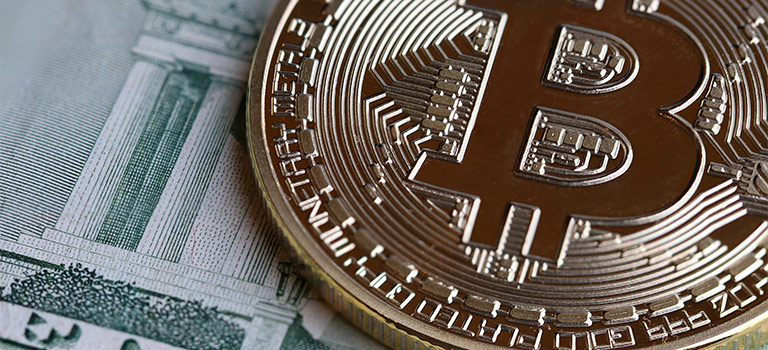PALO ALTO, Calif. (Reuters) - The Federal Reserve is looking at a broad variety of concerns around digital payments and currencies, consisting of policy, design and legal considerations around possibly releasing its own digital currency, Governor Lael Brainard stated on Wednesday. Brainard's remarks recommend more openness to the possibility of a Fed-issued digital coin than in the past." By changing payments, digitalization has the prospective to provide greater value and benefit at lower expense," Brainard stated at a conference on payments at the Stanford Graduate School of Company.
Main banks globally are discussing how to handle digital finance technology and the dispersed ledger systems used by bitcoin, which assures near-instantaneous payment at possibly low expense. The Fed is developing its own day-and-night real-time payments and settlement service and is presently reviewing 200 remark letters submitted late in 2015 about the proposed service's jeff-brown-what-is-the-next-5g-stock.matthew-sharpe.net/page/legacy-members-legacy-research-com-gI7X-Q7ou3xM design and scope, Brainard said.
Less than two years ago Brainard informed a conference in San Francisco that there is "no engaging showed requirement" for such a coin. But that was prior to the scope of Facebook's digital currency aspirations were commonly known. Fed officials, consisting of Brainard, have actually raised concerns about consumer protections and information and privacy dangers that might be postured by a currency that could enter into use by the third of the world's population that have Facebook accounts.

" We are teaming up with other main banks as we advance our understanding of central bank digital currencies," she said. With more nations looking into releasing their own digital currencies, Brainard stated, that contributes to "a set of reasons to likewise be ensuring that we are that frontier of both research and policy advancement." In the United States, Brainard said, concerns that need research study include whether a digital currency would make the payments system much safer or easier, and whether it could position financial stability threats, consisting of the possibility of bank runs if money can be turned "with a single swipe" into the reserve bank's digital currency.
To counter the monetary damage from America's unmatched nationwide lockdown, the Federal Reserve has actually taken extraordinary steps, including flooding the economy with dollars and investing directly in the economy. Most of these relocations received grudging acceptance even from numerous Fed doubters, as they saw this stimulus as required and something only the Fed could do.
My new CEI report, "Government-Run Payment Systems Are Unsafe at Any Speed: The Case Versus Fedcoin and FedNow," information the threats of the Fed's existing plans for its FedNow real-time payment system, and propositions for central bank-issued cryptocurrency that have actually been dubbed Fedcoin or the "digital dollar." In my report, I talk about issues about personal privacy, data security, currency adjustment, and crowding out private-sector competitors and development.
Supporters of FedNow and Fedcoin say the government needs to develop a system for payments to deposit quickly, rather than encourage such systems in the economic sector by raising regulative barriers. However as noted in the paper, the private sector is providing an apparently endless supply of payment innovations and digital currencies to fix the problemto the degree it is a problemof the time space between when a payment is sent and when it is received in a checking account.
And the examples of private-sector development in this area are numerous. The Clearing Home, a bank-held cooperative that has actually been routing interbank payments in numerous types for more than 150 Browse around this site years, has actually been clearing real-time payments given that 2017. By the end of 2018 it was covering 50 percent of the deposit base in the U.S.